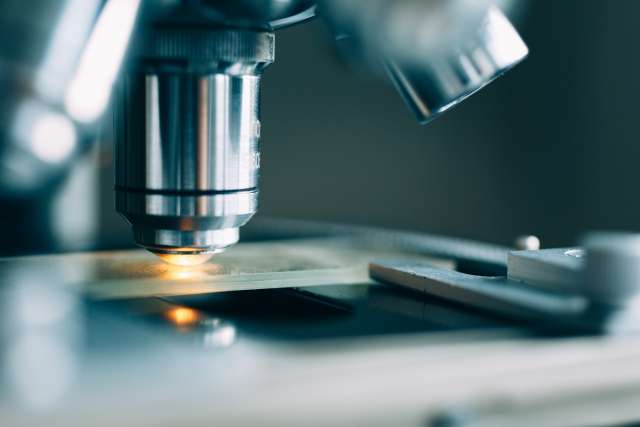UCLA attracted record support for its wide-ranging research in the 2019–20 fiscal year, receiving $1.427 billion in research funding.
2020 is the third consecutive year that the university has topped its previous best. Research support has grown by 38% since 2015. UCLA now ranks sixth among all universities in total research expenditures.
“This is a tribute to the great work being done across disciplines at UCLA,” said Roger Wakimoto, vice chancellor for research. “These funds help bring about major breakthroughs in medical science, advance knowledge in numerous other disciplines, strengthen our teaching, and support faculty and student researchers in fields from math to microbiology. Despite fiscal challenges caused by the pandemic, grant support for UCLA research remains robust.”
Research funds must be used for the projects identified by sponsors, and cannot be applied to other university purposes. Nearly 60 cents of every research dollar directed to UCLA between July 2019 and June 2020 came from federal agencies. Industry-sponsored research and clinical studies trials provide 13% of external research funding; nonprofit and charitable organizations 11%, state government 9% and higher education institutions 8%.
Several large grants provide support for projects that are led by UCLA faculty members but also involve multiple universities and institutions. The largest funding agency is the National Institutes of Health, which awarded nearly $565 million to researchers in areas including AIDS, cancer, neurosciences, cardiovascular diseases, COVID-19 and mental health. Some highlights:
- Nearly $754 million, more than half of the total, was directed to the David Geffen School of Medicine at UCLA. This figure represents a record for the school and is $140 million higher than 2019. In addition, The Jane and Terry Semel Institute for Neuroscience and Human Behavior at UCLA was awarded $168 million. The medical funding includes significant support from the NIH’s National Institute of Allergy and Infectious Diseases for work related to COVID-19. When the pandemic struck this year, the AIDS Clinical Trials Group directed by Dr. Judith Currier, division chief for infectious diseases, expanded its focus — leveraging its research expertise and clinical trial sites to test multiple vaccines and therapies against the novel coronavirus. The project received $119 million in the last 15 months. Separately, NIH renewed a multimillion-dollar grant for the Jonsson Comprehensive Cancer Center, now under the leadership of director Dr. Michael Teitell, that continues the center’s longstanding National Cancer Institute designation as a leader in laboratory and clinical research.
- The UCLA College, home to the university’s divisions of life and physical sciences, received nearly $202 million in 2020, a record. This included $3.3 million in University of California Office of the President funding for the , led by Brad Shaffer, professor of ecology and evolutionary biology and director of UCLA’s Center for California Conservation Science. The project is developing comprehensive genomic data of state flora and fauna to guide public policy on species preservation. The National Science Foundation provided $4.5 million to support research led by Dimitri Shlyakhtenko, professor and director of UCLA’s Institute for Pure and Applied Mathematics, and NSF and the Gordon and Betty Moore Foundation provided support for research led by Andrea Ghez, who on .
- The UCLA Samueli School of Engineering received $105 million. The school’s largest 2020 grant, nearly $5.9 million, supports a multi-university project led by Professor Gregory Carman to harness magnetism for next-generation computers, electronics and biotechnologies. Since 2012, Carman has been principal investigator on the project, , which is funded by the National Science Foundation. Separately, Professor Dennis Hong received nearly $2 million in 2020 from industry for development of a dual-arm robot system that can perform precise food-preparation tasks.
“The strong financial support is a reflection of the fact that extraordinary researchers in so many disciplines call UCLA home,” said Marcia Smith, UCLA associate vice chancellor for research administration. “And we are fortunate to have a terrific team of expert research administrators in our central offices and across campus who support our faculty in meeting the increasingly complex compliance requirements that come with research funding. Despite the challenges brought on by the pandemic, the university remains well-positioned and committed to pursuing transformative research.”



